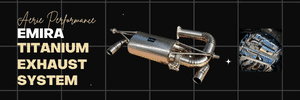Merkle Trees are widely used in software applications where data is stored and transferred between multiple computers, because they work and are efficient. For example, Git, which is used by over 40% of all professional software developers to collaborate and share source code, is based on Merkle Trees.
An NFT (non-fungible token) is simply a token that represents something unique. A £10 note is fungible: one note has exactly the same functionality as any other £10 note. A one of a kind trading card or a Rolex watch's certificate of authenticity, however, is non-fungible: it is unique and is not equivalent to any other. Personally I don't 'get' most crypto NFTs. But then I don't 'get' trading cards either. But using an NFT instead of a piece of paper for a certificate of authenticity, which can be cryptographically assured as unique and ownership securely transferred, makes perfect sense to me.
Over 18,000 developers are actively working on crypto projects (not the blockchains themselves, I mean people who are building applications and services that run on blockchains) ... not sure they're all laughing their asses off. That's where the inherent value comes/will come from: the ecosystems and applications that are being built on blockchain. The Internet was entirely worthless until people started putting services and applications on it. Crypto blockchains are no different.
It's early days for blockchains, just like the early days of the Internet when simply adding ".com" to a company name would double the share price. But far too early to dismiss as just hype.










